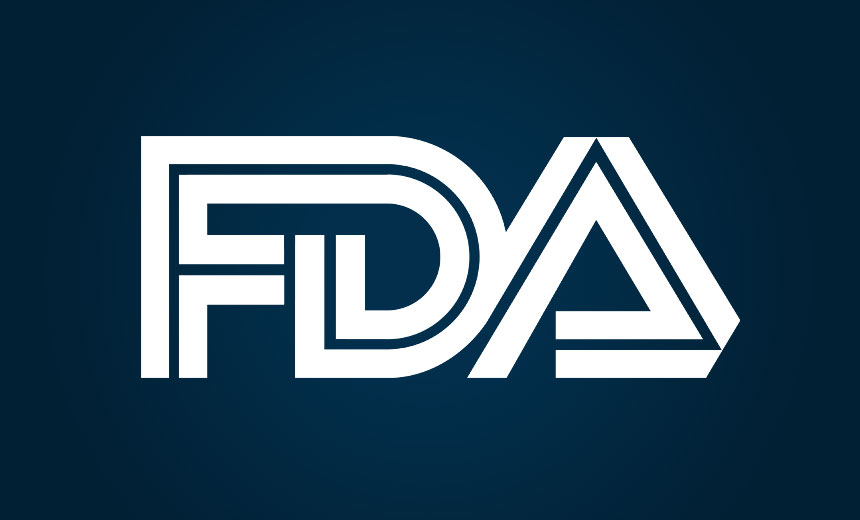Share this Page:
The US Food and Drug Administration (FDA) has granted priority review for a marketing license for the hypoxia-inducible factor-2 alpha (HIF-2α) inhibitor, belzutifan. Belzutifan is a new medicine for the treatment of patients with von Hippel-Lindau (VHL) renal cell carcinoma (RCC) who do not need surgery immediately.
Kidney cancers frequently have mutations in a gene called the von Hippel-Lindau (VHL) gene, resulting in high levels of a protein called hypoxia-inducible factor, or HIF-2α. This results in a number of changes in the cancer cells and their surrounding environment that favour tumour growth. The novel hypoxia-inducible factor 2α (HIF-2α) inhibitor, belzutifan (MK-6482), blocks the action of HIF-2α.
Belzutifan has shown promise to treat a condition called Von Hippel-Lindau disease, a rare condition which affects one in 33,000 people. Von Hippel-Lindau disease is associated with inherited alterations in the VHL gene. It results in benign and malignant tumours, including kidney cancer. Up to 70% of patients with VHL develop RCC during their lifetime. Currently, VHL kidney cancer is managed with surgery; tumours less than 3 cm in diameter are removed to limit the risk of spread of the cancer and to avoid a decline in kidney function that results from multiple tumours in the kidney.
Belzutifan is also in clinical trials for the treatment of advanced RCC and other types of cancer. There is an ongoing phase 2 clinical trial in advanced RCC, as well as a phase 3 clinical trial to compare belzutifan to everolimus in heavily pretreated patients and a combination with cabozantinib as a first-line treatment for advanced clear cell RCC.
The UK Medicines and Healthcare products Regulatory Agency (MHRA) has already fast-tracked belzutifan to speed up patient access to breakthrough medicines using an “innovation passport” to enable a decision to be made within 150 days after submission of trial data.















